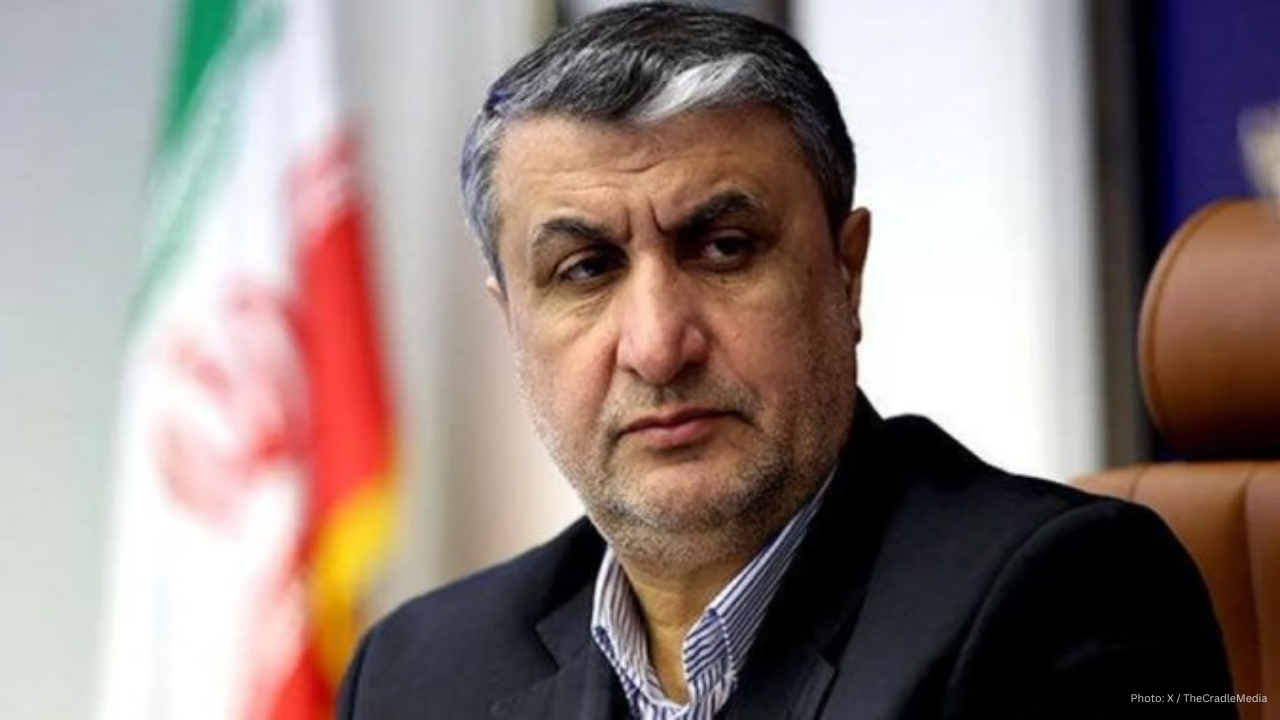
Post by : Naveen Mittal
Iran’s head of atomic energy, Mohammad Eslami, has arrived in Moscow for high-stakes talks with Russian officials, state media report, as Tehran faces possible reimposition of United Nations sanctions over its nuclear program.
These discussions aim to finalize agreements, including a plan to build eight new nuclear power plants, as Iran accelerates its ambition to expand nuclear energy capacity to 20 gigawatts by 2040.
The U.N. Security Council recently rejected a draft resolution that would permanently lift sanctions on Iran. The resolution was supported by Russia and China, but opposed by Britain, France, and Germany.
Key Western powers have indicated they might delay reinstating sanctions for up to six months, provided Iran restores access for U.N. nuclear inspectors, addresses concerns over its enriched uranium stockpiles, and returns to negotiations with the United States.
Eslami, also Iran’s Vice President, told state media that contract negotiations have progressed, and the signing of these cooperation agreements is expected this week. The goal: to move into the “operational steps” for building the nuclear power plants.
At present, Iran has only one operating nuclear power plant, Bushehr in the south, supplied by Russia. Its capacity is roughly 1 gigawatt, which is far below Iran’s planned target.
Russia & Iran’s stance: Moscow continues to back Iran’s claim to peaceful nuclear energy.
Western concerns: Countries like Britain, France and Germany remain unsatisfied. They argue Iran has not met all obligations under the 2015 nuclear deal, including allowing full inspections and transparent handling of enriched uranium.
Timeline: If an agreement to postpone sanctions isn’t reached by September 27, sanctions may be reimposed.
This visit is more than a diplomatic formality. It sits at the intersection of energy policy, international security, and geopolitical strategy. If the power-plant deal moves forward, Iran could significantly increase its nuclear capacity — changing regional energy dynamics. Meanwhile, the threat of sanctions reimposed adds urgency to the talks.
Tehran needs greater energy output to address electricity demands, especially during high-usage months. For Russia, agreements like this reinforce its role as a partner to Iran, both politically and technically. For the global community, it raises questions about how nuclear norms, non-proliferation efforts, and regional stability will be upheld.
Iran, Russia, Nuclear Deal, UN Sanctions, Global Diplomacy, Energy, Middle East, Power Plants
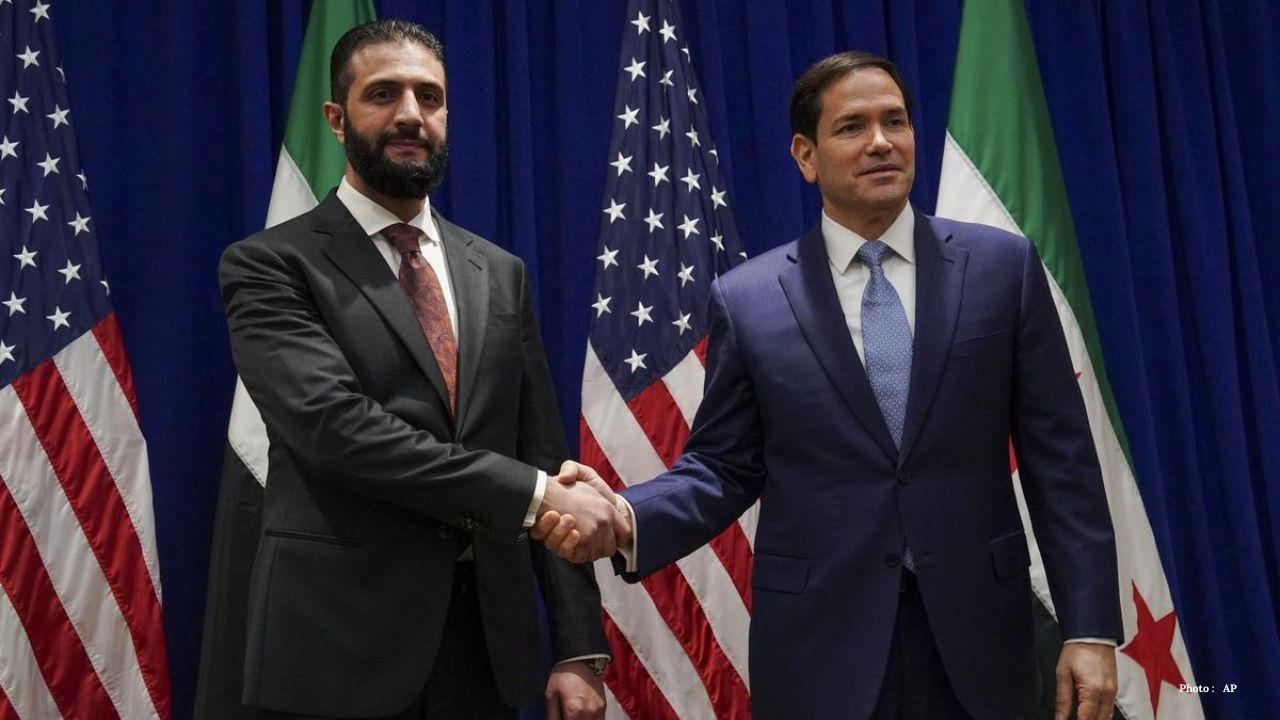
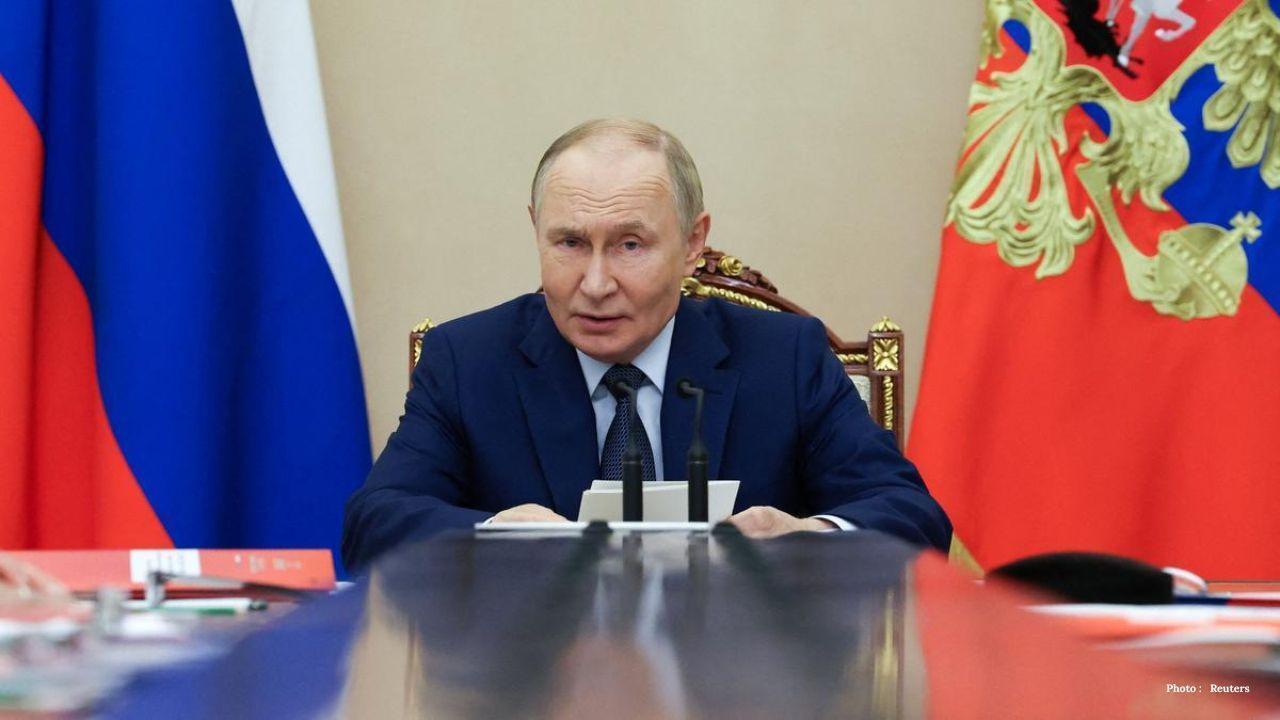
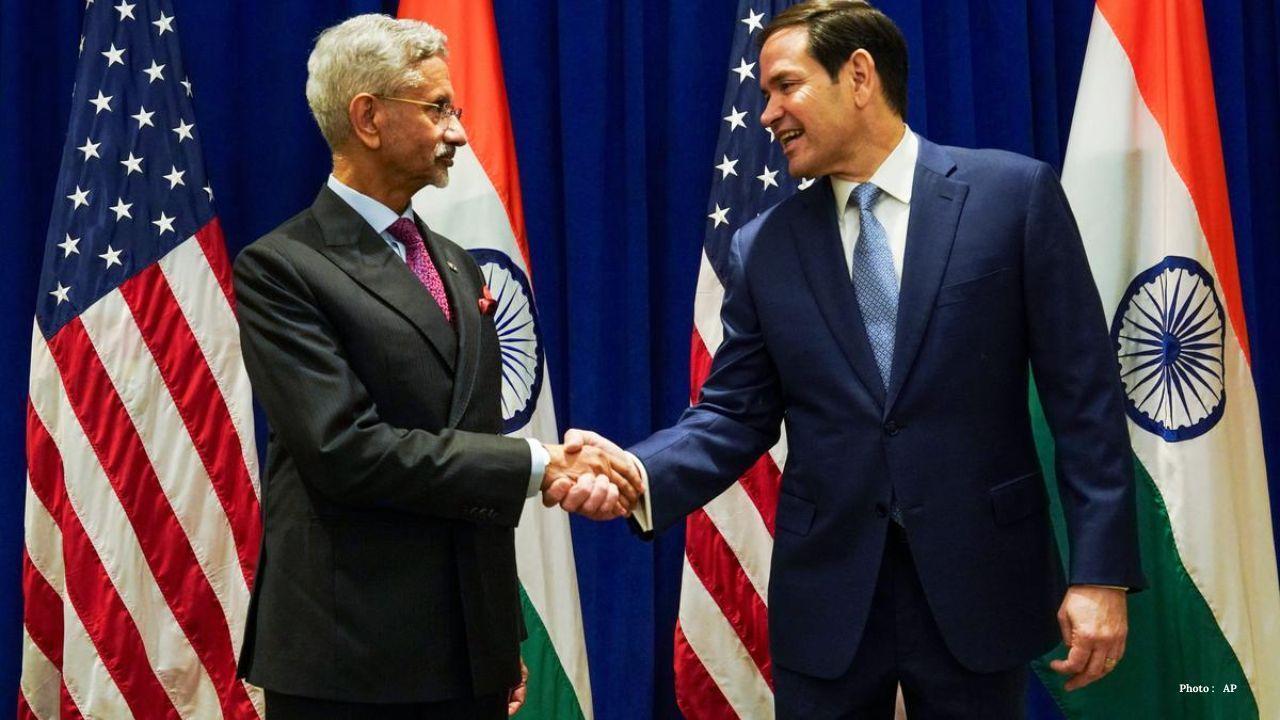
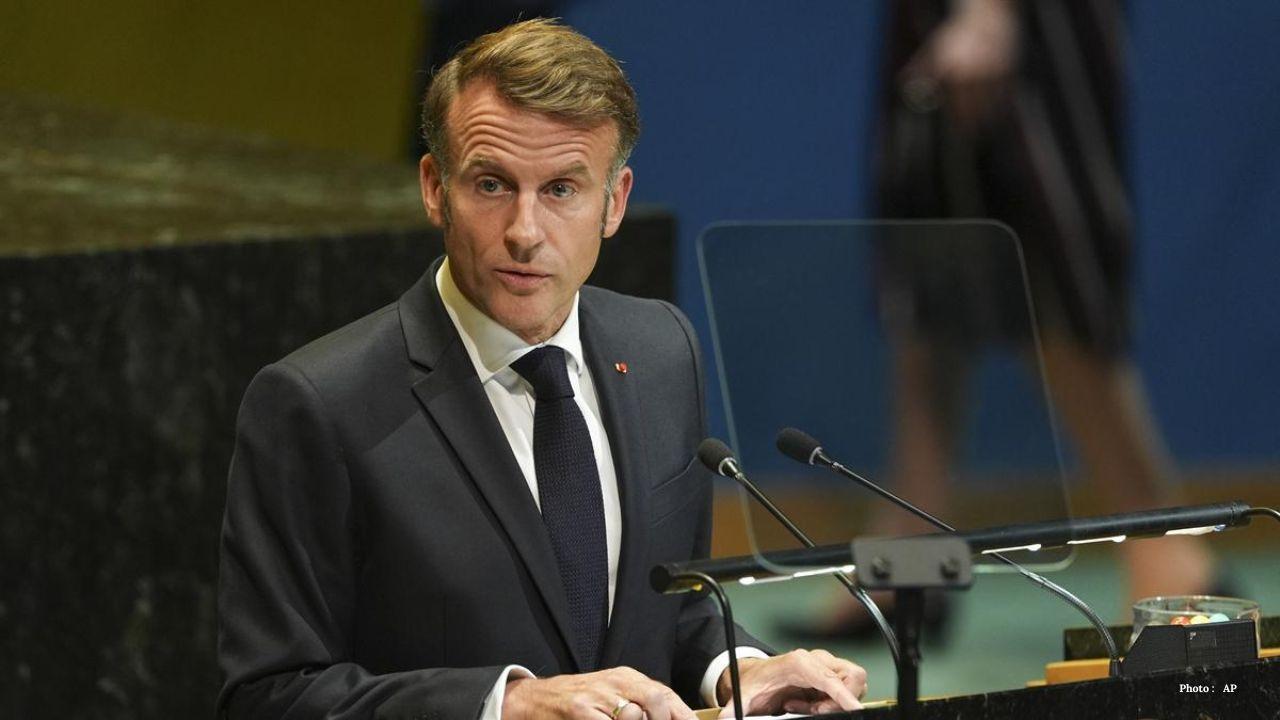
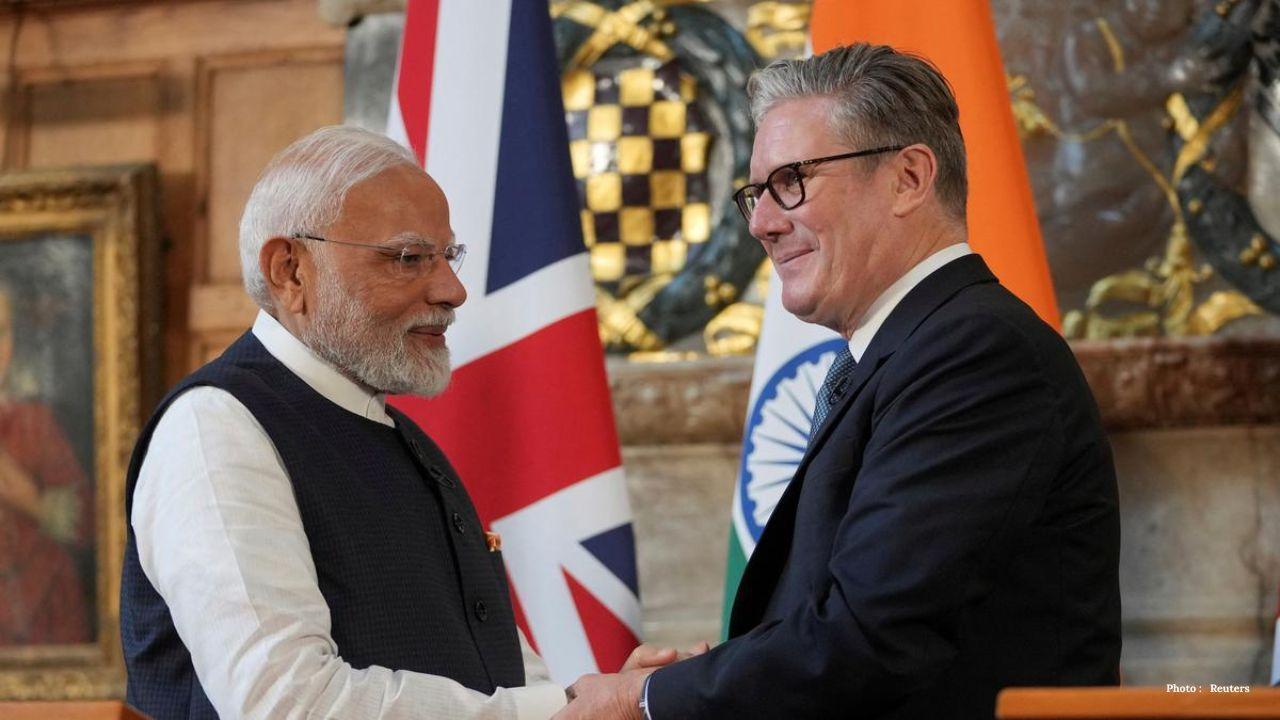





India US hold talks to fix ties strained by trade and visa issues
India’s Foreign Minister met US Secretary of State in New York to repair ties after tariffs and visa

Tabreed and Johnson Controls Partner to Launch Advanced Cooling Tech
Tabreed joins Johnson Controls to improve energy efficiency and eco-friendly district cooling in the

Nissan Develops Advanced Self-Driving Cars for City Streets by 2027
Nissan is testing smart self-driving cars that can handle city traffic, pedestrians, and red lights
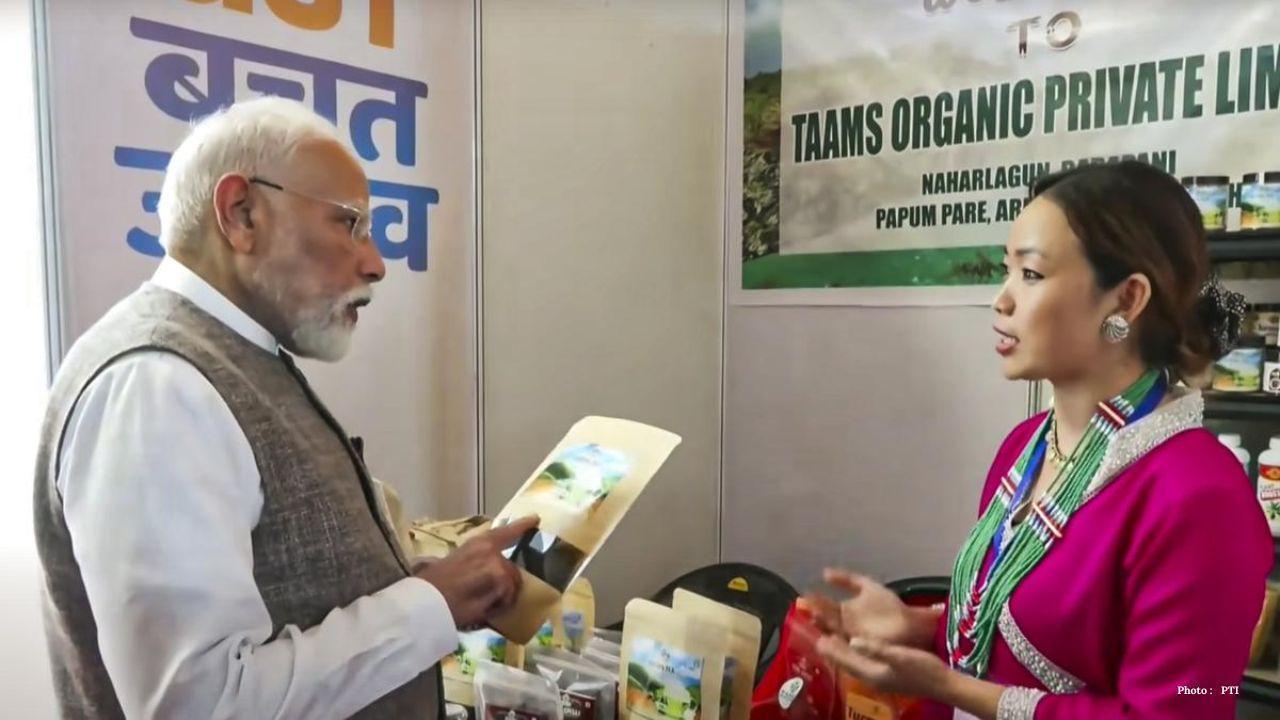
PM Modi Supports Local Entrepreneurs in Arunachal
PM Modi interacts with Arunachal entrepreneurs, reviews local products, and highlights GST reforms a
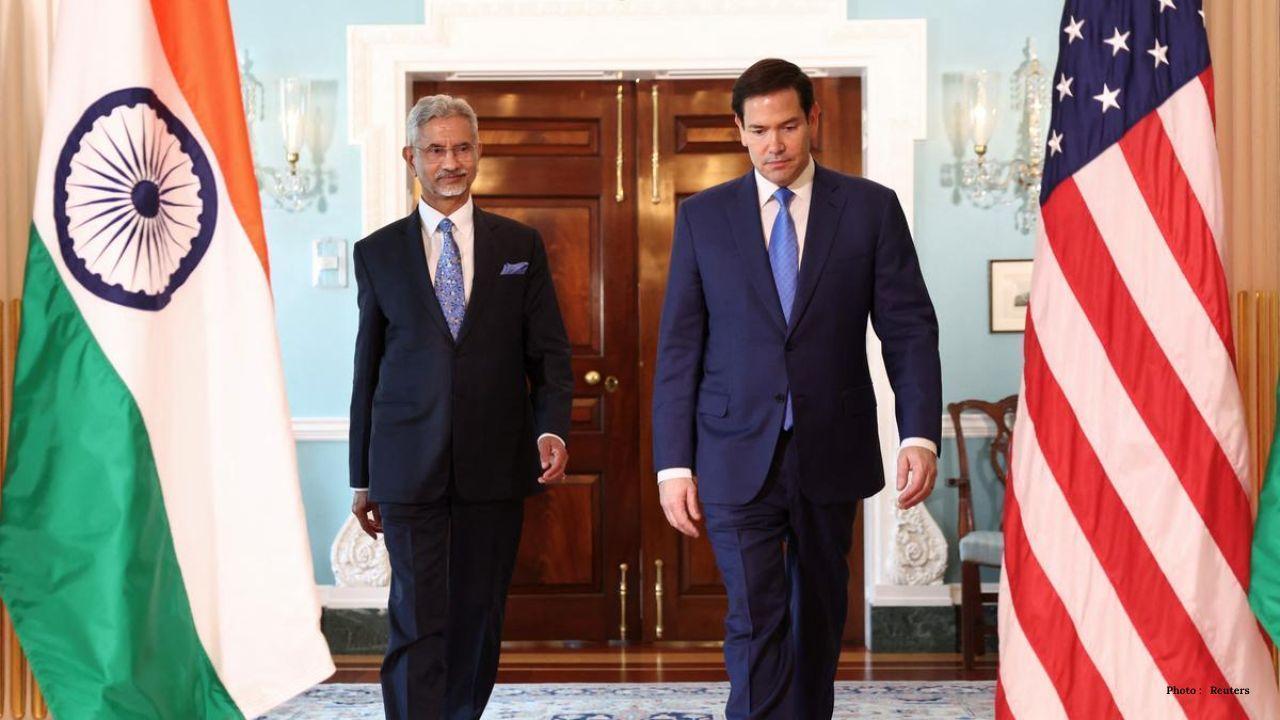
India-U.S. Talks Jaishankar to Meet Rubio During UNGA 2025
India’s External Affairs Minister Jaishankar will meet U.S. Secretary Rubio in New York to discuss t

Abu Dhabi Parks Transform Into Outdoor Learning Hubs
Abu Dhabi parks now serve as open-air classrooms, teaching students about nature, sustainability, an